4- The illustrations vary from country to country
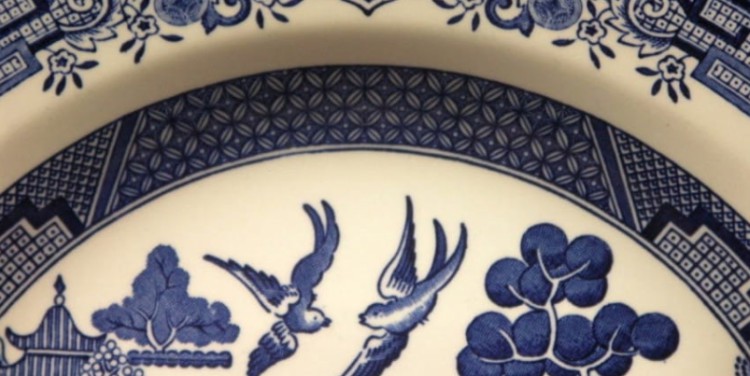
Because each country has cemented their own influence on the classic design, some have ended up deviating from Minter’s original more than others. For instance, the Japanese Blue Willow (widely considered to be the cheapest variety) features birds that are much fatter than those seen on the English Willow sets.
5- Blue Plate Specials were served on these dishes
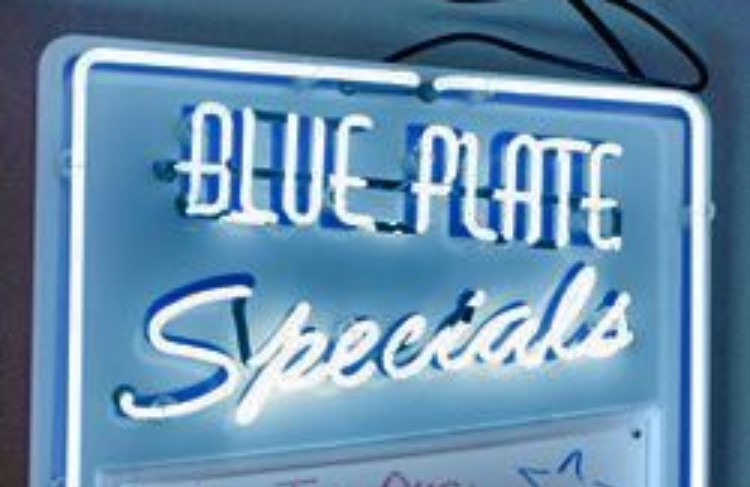
If you are of a certain age, you likely remember heading to your local diner for a “blue plate special”, a home-style meal containing a meat, a starch, and a vegetable, served on Blue Willow. Over the years, many establishments have continued on with the tradition of the “Blue Plate Special”, but few still serve the dinners on their namesake China.
6- Only the plates predict age
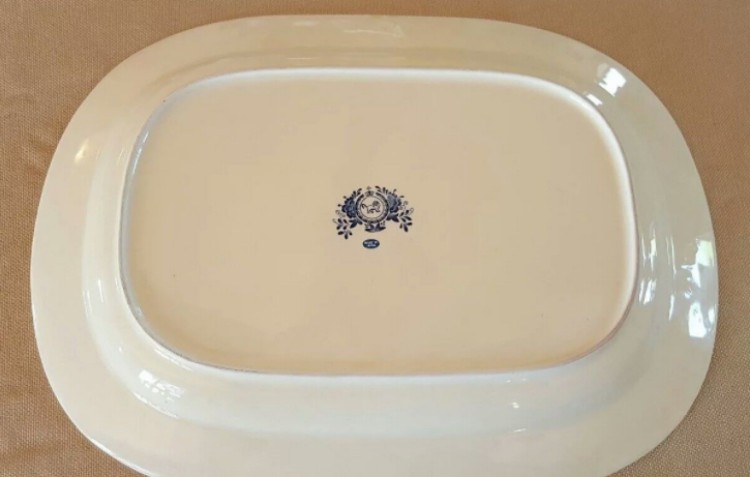
Since Blue Willow china was traditionally sold in sets, manufacturers were known to only mark the date on the bottoms of the plates—not the cups or saucers, which are only branded with the country name. This fact makes it particularly difficult for appraisers and is the very reason why full sets garner more cash.
7- Its design contains a romantic scene
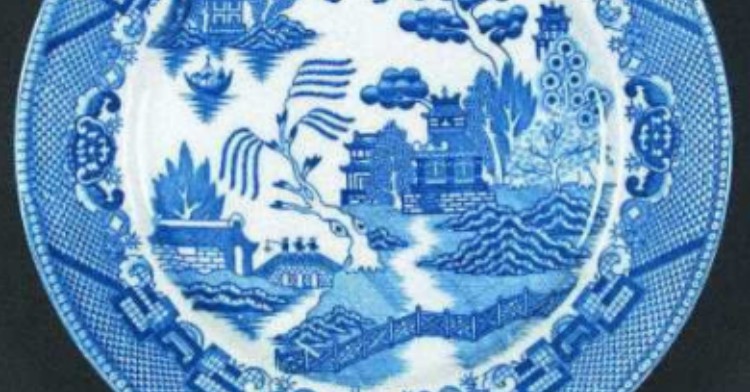
Pieces that feature the full Blue Willow design, like large plates or platters, usually reveal what is said to be a traditional Chinese legend, where two lovers are transformed into gods in the form of flying birds. Dreamy, huh?
Not so fast… The folk tale behind the design is actually completely bogus! While no Chinese story connects to the events shown on the iconic plates, the illustrated tale has become a legend in its own right.
Who knew that this china had such an interesting backstory?! Now that you have a new appreciation for this dinnerware, we’d love to hear from you! Do you own any of this special china? If so, how did you obtain it? Are you a fan of “occasion” dinnerware?
Source: Tiphero.com

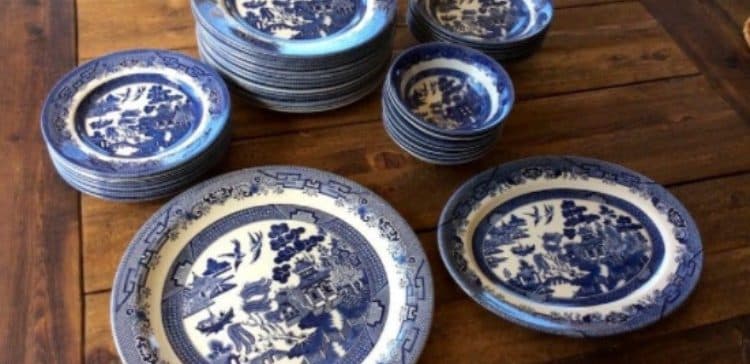
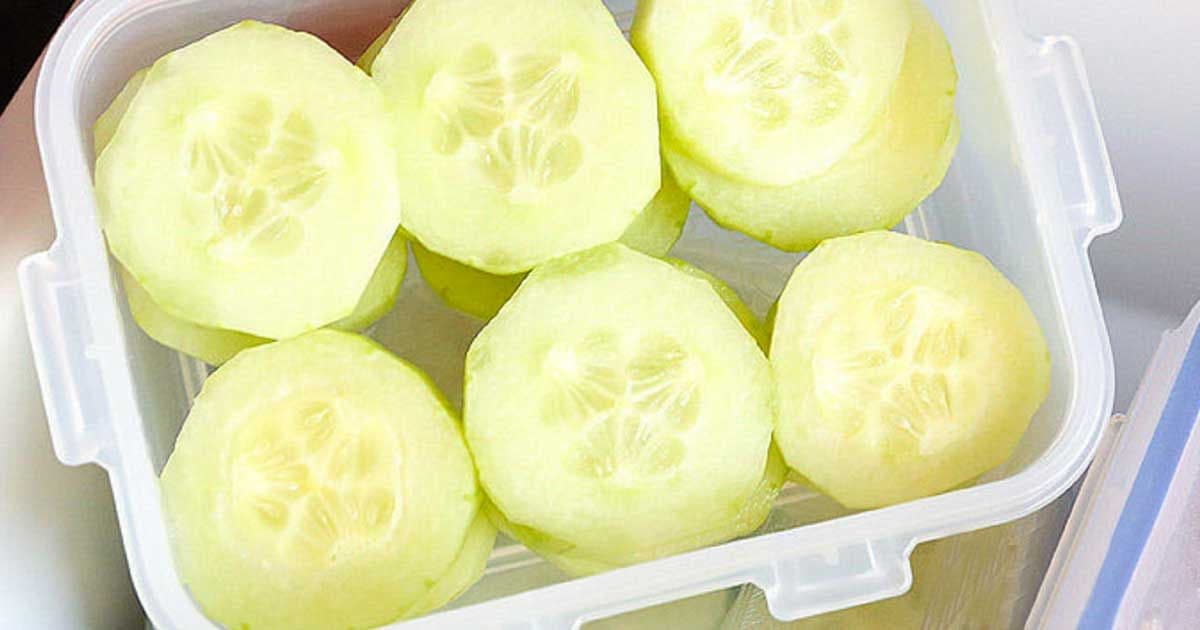





No comments yet
Leave a Reply
Your email address will not be published. Required fields are marked *